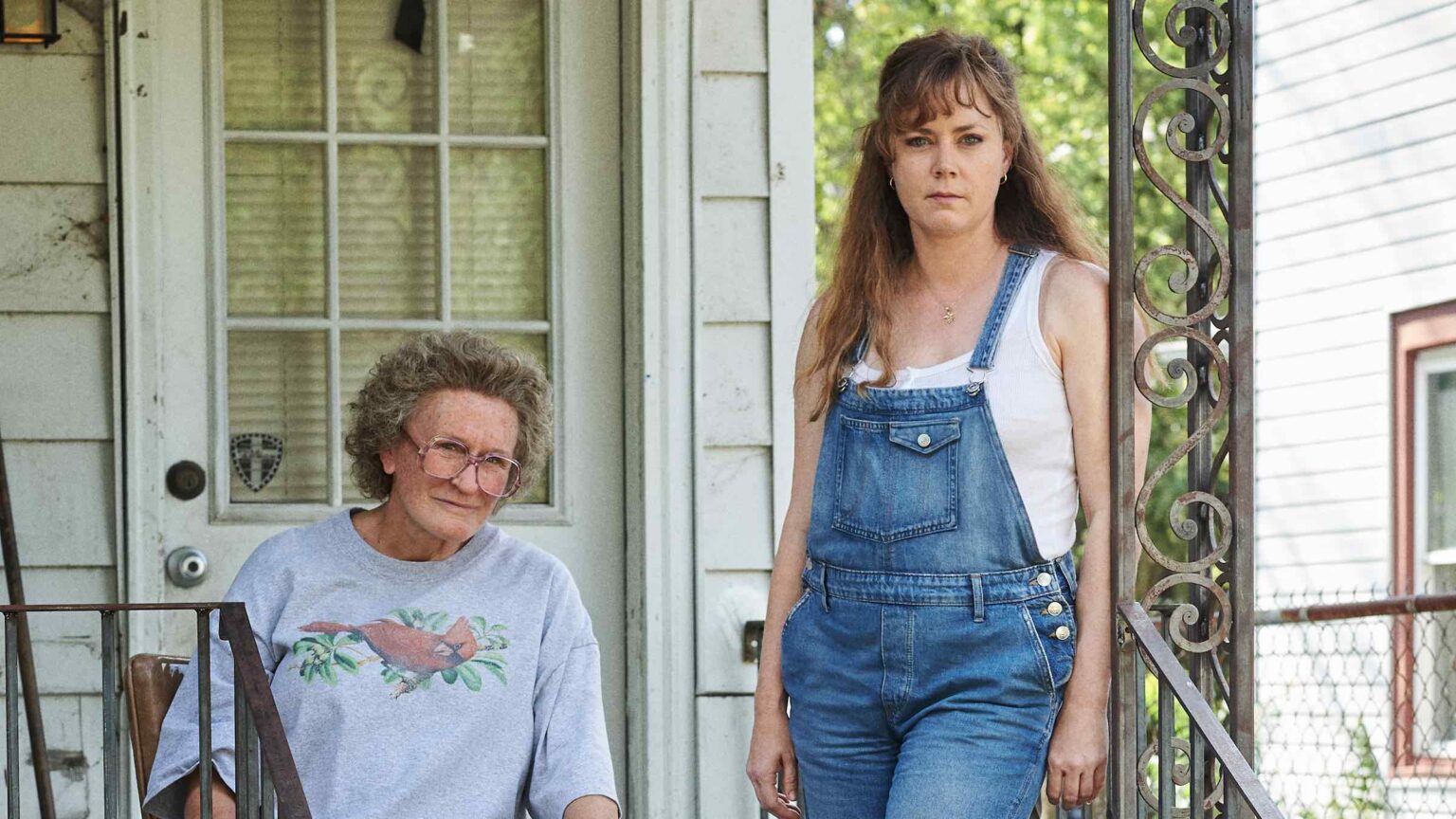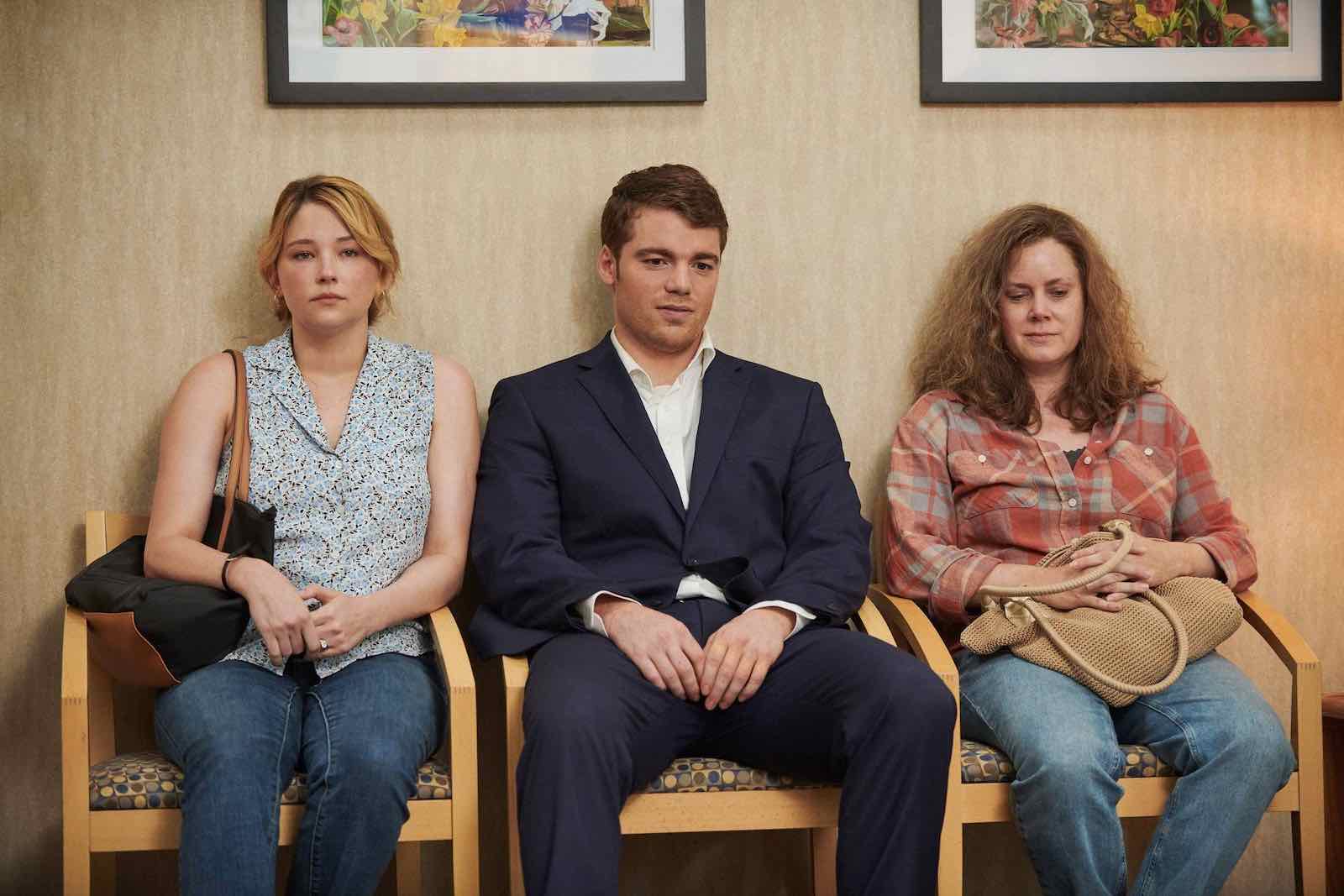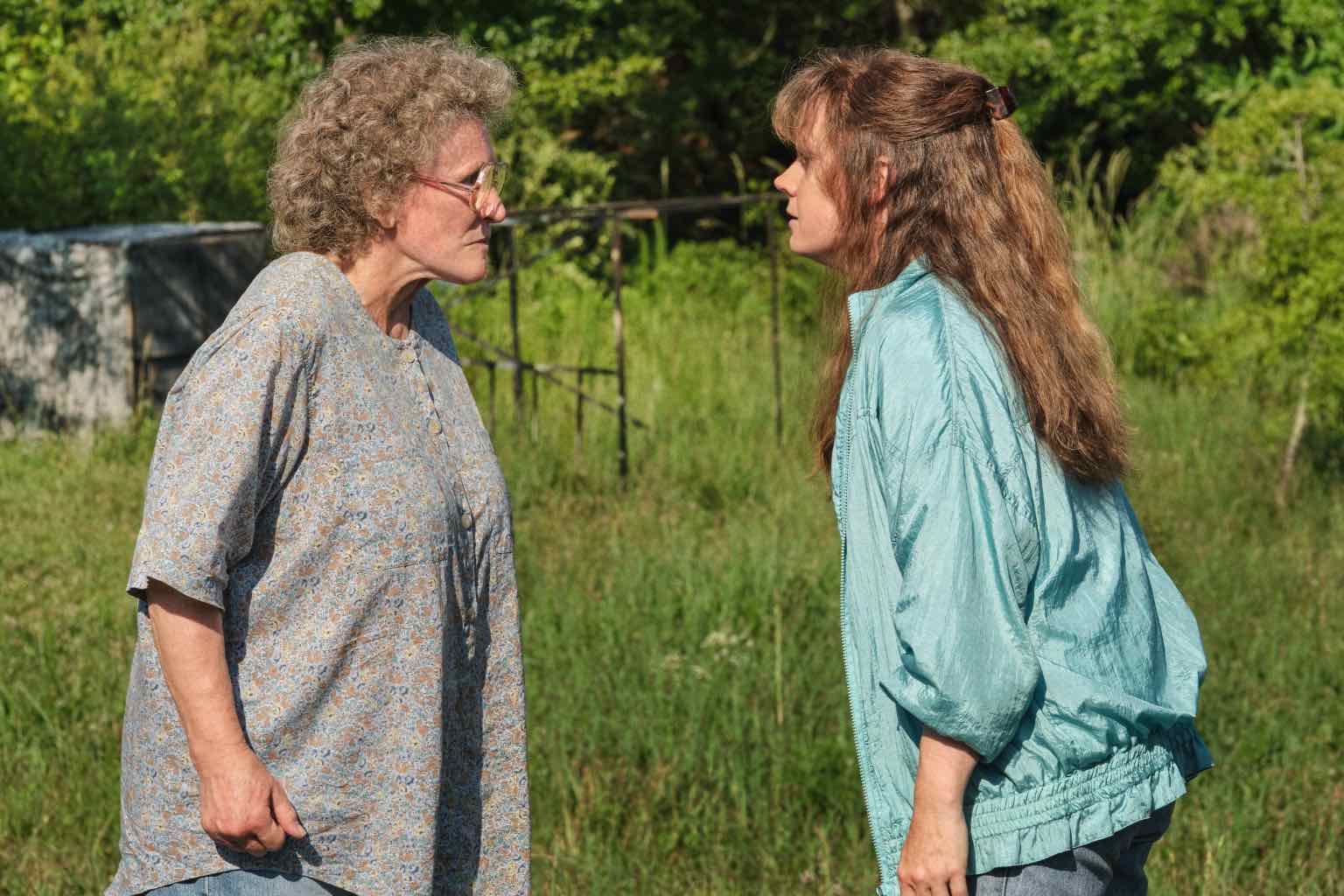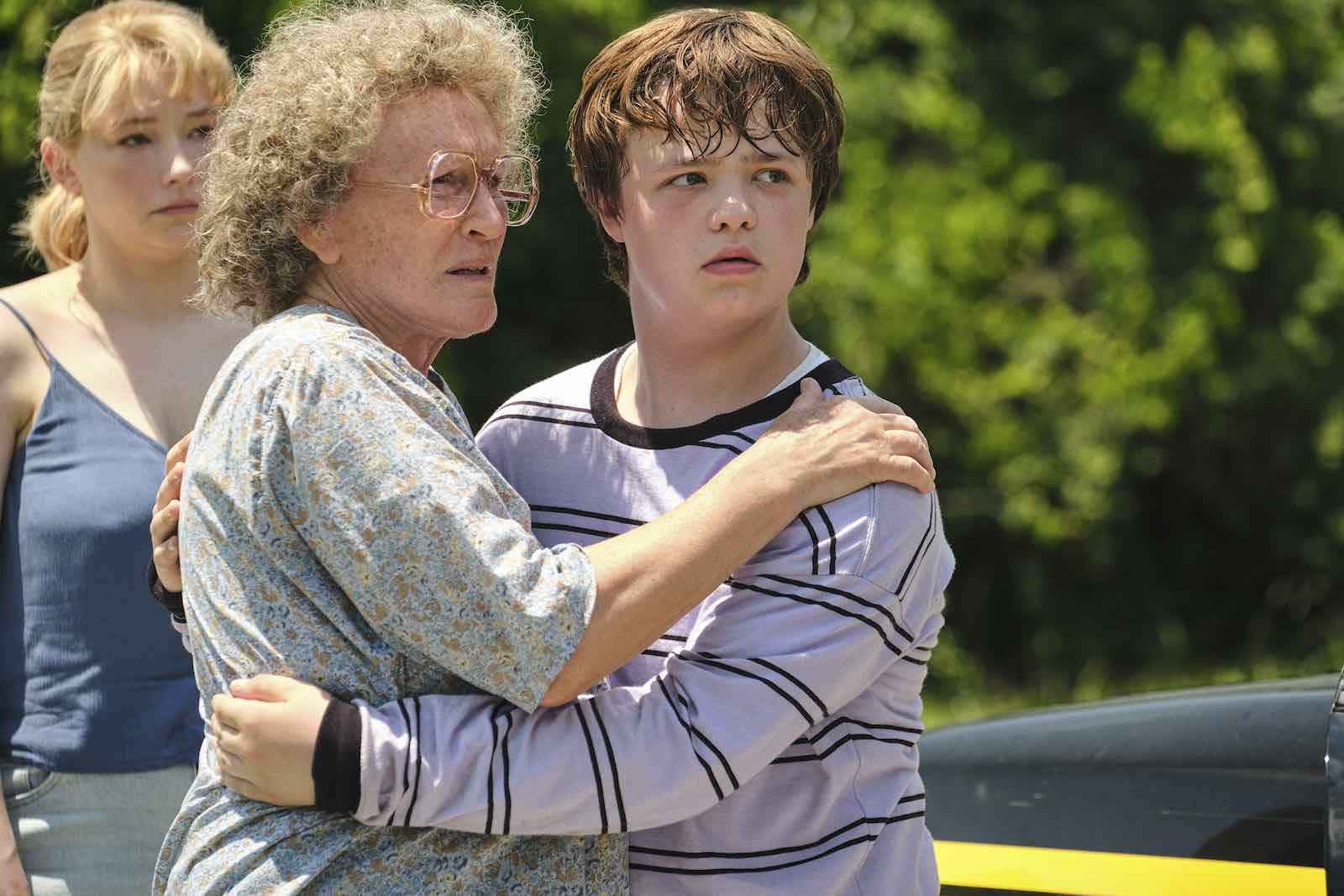
Is Netflix’s ‘Hillbilly Elegy’ worth your time? Read our thoughts
Pro-tip: just because a film has an Oscar-worthy cast & crew, doesn’t mean it automatically becomes the best movie of the year. Hillbilly Elegy, for instance, is a prime example of when Oscar bait goes too far. With a lackluster script, an editing mess, and a dysfunctional story, Hillbilly Elegy tries to portray the “real” hillbilly story, but instead gives us a dry, two-hour coming of age movie without any substance.
We all love Amy Adams & Glenn Close, both of whom have been nominated for Oscars a total of thirteen times and have yet to win any, but Hillbilly Elegy went overboard trying to make Oscar-worthy performances while using a script needing serious work. If the film is trying to send a message about addiction, or trauma, Hillbilly Elegy fails by being so fragmented it loses any meaningful weight with its poor structure & editing.
While you can say Adams & Close gave the best performances, with Haley Bennett making what she can of her lines, it’s all this movie has going for it. But, like Green Book in 2018, don’t be surprised if Hillbilly Elegy still shows up in the Oscar pool. But that’s something we’ll have to deal with in a few months. For now, let’s unpack this mess of a film.

Dysfunctional story
Taking its title from the memoir, it’s based on, Hillbilly Elegy follows the life of J.D. Vance. Vance’s family has a long history of living in the Appalachians, making them fit into the stereotypical “hillbilly” category. Vance is a law student, who has to put his life on pause when his sister reveals their mother overdosed on heroin. The film switches between Vance’s childhood and Vance going back home to help his mother recover.
While the book seems to cover social issues within Appalachia, the movie neglects to follow through on its message, relying on aimless shots of a decaying town and failing to give a reason to be concerned. Rather, the film too narrowly focuses on the family at hand, never showing the viewer the bigger picture of the reality of living in the “hillbilly” lifestyle.
In this way, Hillbilly Elegy is highly disjointed, starting as a story seemingly focused on the family, but ending up heavily relying on Vance’s personal journey. While this isn’t a terrible direction to focus on, Hillbilly Elegy is equally too focused and not focused enough on its subject. It leaves the viewer dissatisfied, only showing the effects of a singular childhood rather than giving a poignant portrait of a rarely explored culture.

Oscar bait gone bad
With an Oscar-winning director and an Oscar-nominated screenwriter, on paper, Hillbilly Elegy might seem destined for being a big hit during awards season. Even more, Vance’s mother & grandmother were played by Amy Adams & Glenn Close, two critically-acclaimed actresses who have yet to win the big prize, star in Hillbilly Elegy. However, Hillbilly Elegy doesn’t live up to the talent it has.
The only material Adams & Close were given boils down to short, explosive episodes, not giving viewers the room to breathe. We constantly see traumatic experiences in Vance’s childhood, which are juxtaposed with his attempt to get his mother into rehab. We’re given trite scenes Adams & Close have to act through, but the poor writing isn’t enough to allow noteworthy performances.
A viewer might find themselves rolling their eyes at the writing in Hillbilly Elegy. It seems like old over-optimistic movies we got prior to the twenty-first century. The film ends up over-simplifying the Appalachian culture to one man who grew up in Ohio who happened to get into Yale. With poor pacing & dry lines, Hillbilly Elegy falls for too many conventions without giving viewers a reason to keep watching.

Failing to prove a point
If Hillbilly Elegy was trying to prove a point about hillbillies, or Appalachian culture, it largely fails to do so. While we see Vance get heated when lawyers call his family rednecks, we also see Vance repeatedly try to separate himself from his family’s past. As a character, Vance seems to go back and forth between knowing what he actually wants. In the end, the viewer is left guessing what Vance’s values are: his family or his future.
Hillbilly Elegy also didn’t help put people with Appalachian roots in a brighter light. Instead, we see his mother & grandmother repeatedly make the same mistakes. In the end, viewers will likely feel unsatisfied without any closure with its characters. The only closure we get would come from the concluding title cards explaining where the Vance family is today.
Instead, Hillbilly Elegy is a fragmented argument on the reality of Appalachian culture. The only semblance of a message is that a man who had a fairly traumatic childhood & a hillbilly family was able to get a Yale law degree. In the end, there’s no depth to this “elegy”. There’s no substance to call it a meaningful story about the Appalachia culture, and no coherent story to call it an endearing biographical drama.







